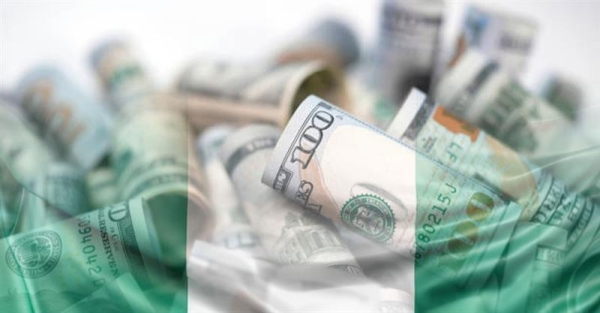Nigeria’s external reserves increased to $35.05 billion on July 8 — the highest since May 30, 2023.
According to data from the Central Bank of Nigeria (CBN), the foreign reserves rose by $280 million from $34.77 billion on July 5.
TheCable Index observed that the country’s foreign reserves recorded steady increases in July — reaching the highest so far in the year.
The foreign reserves rose from $34.34 billion to $34.43 billion, 34.55 billion, and $34.66 billion from July 1 to 4, respectively.
The latest data is also the first time Nigeria’s external reserves would reach such levels since May 30, 2023 (at $35.09 billion) — a day after the present administration took office.
Since President Bola Tinubu assumed office, the federal government, through the CBN, has introduced several policies to improve the foreign exchange (FX) market and strengthen the naira.
One of the latest interventions is the apex bank’s directive to banks to transfer all excess foreign currency notes to its Lagos or Abuja branches.
“In order to deepen the foreign exchange market, boost liquidity and attain convergence in the exchange rates of the parallel and official markets, the Central Bank of Nigeria (CBN) has approved that DMBs may deposit their excess foreign currency notes with Lagos and Abuja branches of the Bank,” CBN had said.
“The approval is a response to the increasing demand by DMBs to deposit their forex cash with CBN for onward credit to their off-shore accounts with the correspondent banks.”
Olayemi Cardoso, governor of CBN, on June 25, said the apex bank is “relatively pleased” with the progress it has made in stabilising the naira.
Meanwhile, despite the positive movement in foreign reserves, the naira weakened at the close of Wednesday, trading at N1,561 against the dollar in the official window.


